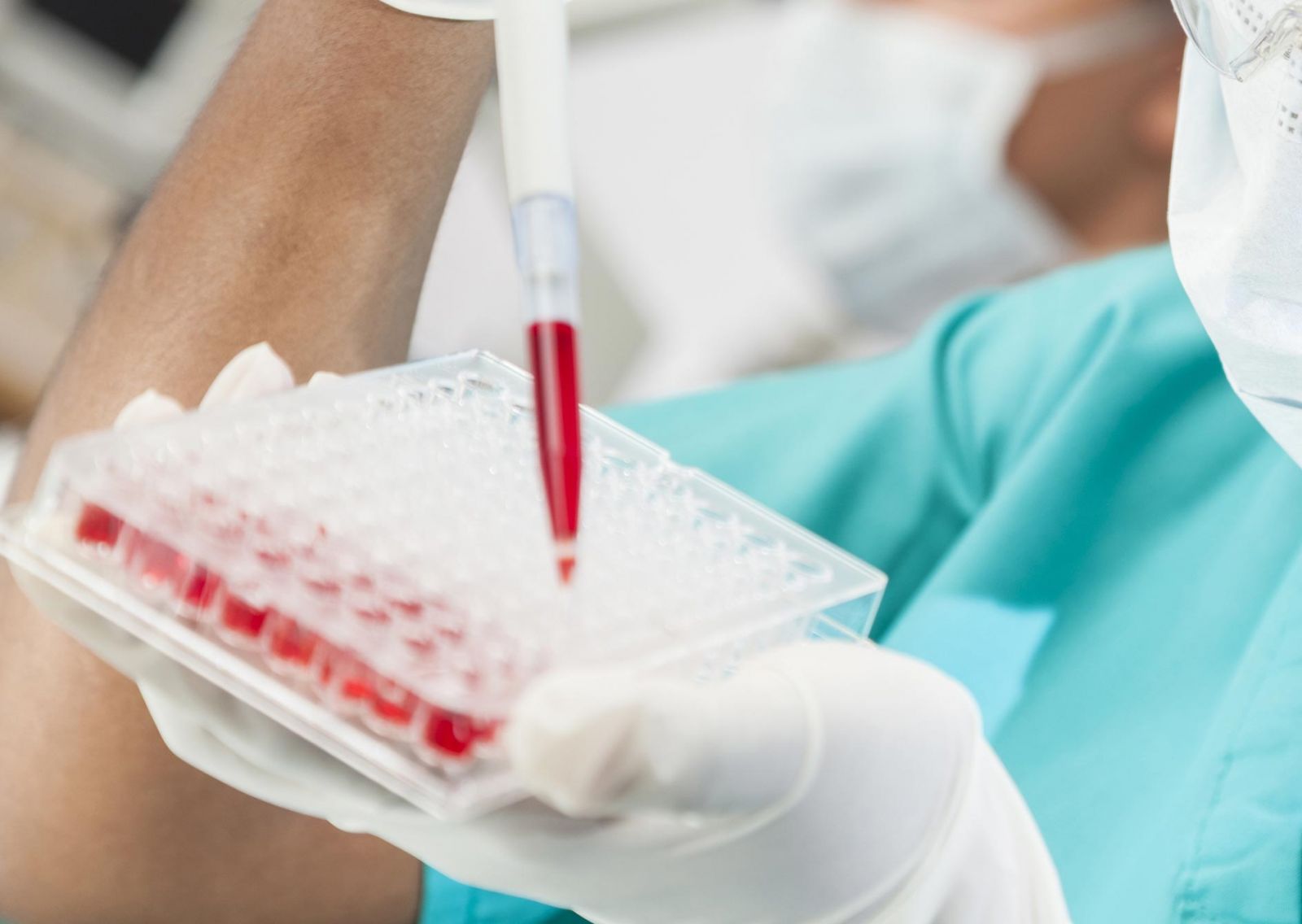The United Nations, UN, Joint Team on HIV/AIDS has revealed that at least 45,000 people living with HIV in Nigeria died last year, especially for a disease which has available life-saving medications and commodities.
While commending the country’s effort in achieving 73 percent coverage with respect to people knowing their HIV status, the UN Joint Team on HIV/AIDS noted that more needs to be done to get more people tested in order to meet the UNAIDS target of ensuring that by 2020, 90 percent of all persons living with HIV know their status.
Fiona Braka from World Health Organization, WHO, representing the United Nations Joint Team on HIV/AIDS, made this known in Abuja on Thursday, November 26, 2020, during the press conference to commemorate this year’s World AIDS Day.
She said: “In 2020, the world’s attention has been dominated by the covid-19 pandemic and how pandemics affect lives and livelihoods. Covid-19 is showing once again how health is interlinked with other critical issues such as reducing inequality, human rights, gender equality, social protection, and economic growth. No one is safe until everyone is safe. It is with this in mind that we consider the global theme of this year’s World AIDS Day ‘global solidarity, shared responsibility’, most appropriate.
“As Nigeria continues to battle the covid-19 pandemic, the UN Joint Team on AIDS along with partners, including communities are working to ensure steps needed to combat covid-19 while also delivering essential HIV testing, prevention, and treatment services in both traditional and novel ways.
“We would also like to take the opportunity to commend the President of the Federal Republic of Nigeria, HE president Muhammadu Buhari, for strongly endorsing the people’s vaccine initiative and for the official public statement in favour of the campaign.
“As we appreciate the achievements recorded, let us also take a moment to reflect on the lives that have been lost due to AIDS related causes. In 2019, an estimated 45,000 persons with HIV died. This is unacceptable as it is happening in an area where government, donors, and partners have successfully made life-saving medication and commodities available.
“In Nigeria, progress towards day 90-90-90 target shows that for the first 90, 73 percent of people living with HIV know their status. This is a great achievement for the country, but we need to do more. Identifying persons who are positive is urgent and becomes more challenging as we approach the last mile.”
In his remarks, the Director-General of the National Agency for the Control of AIDS, NACA, Gambo Aliyu, said, “Every year the global community including Nigeria celebrates world AIDS day to raise awareness on the AIDS pandemic. The occasion presents an opportunity to support people living with HIV and AIDS and people are affected by HIV and AIDS, to create awareness and celebrate the affected communities as well as individuals that provide the services and facilities, as well as communities and stakeholders in the fight to end AIDS.
“This year’s World AIDS day theme is global solidarity and shared responsibility’, but here in Nigeria, our theme is united to end aids in the midst of covid-19, so get tested. This is very important because this year’s HIV response is different and different because of covid-19. We have heard and seen the impact of covid-19 on HIV programs. Even though we are scrutinising our data to find out real impact of covid-19 on people living with HIV and AIDS, but one thing that we know without looking at our data, we know that in terms of very economic realities, covid-19 has had an adverse impact compared to other outbreak population.
“Because of that, recently we launched a project in conjunction with the Federal Ministry of Women Affairs, and supported by UNAIDS. This project is basically PPE – prevent, protect, and empower. People living with HIV and AIDS find it difficult to go to facilities, collect medications, and earn a living.
“We are focusing on women simply because in terms of equality when it comes to businesses and empowerment, women are disadvantaged. I want to make sure that first of all we take care of women living with HIV and AIDS before we focus our attention to men. In the next couple of months, you will see us out in the community as early as this week flagging off this project at various communities to empower women living with HIV and AIDS who are indigent; to teach them how to do small business at community level and give them seed money to initiate those businesses.
“NACA is determined to continue until the end of the year and in 2021 to make sure that will look at the most disadvantaged people living with HIV and AIDS in communities across the country and empowered them. Together we’ll be out in the community to fight stigma and discrimination to make sure that people have the courage and confidence to get tested for HIV. It is only when people agree to get tested that our dream of getting to 90-90-90 and 95-95-95 will be realised.”
In her address, the National Coordinator of National AIDS and STI Control Programme, NASCP, Akudo Ikpeazu, explained that strong partnerships and collaborations during the heat of the COVID-19 pandemic ensured that there was sustain HIV services, especially for the treatment services.
Source: The Nation







